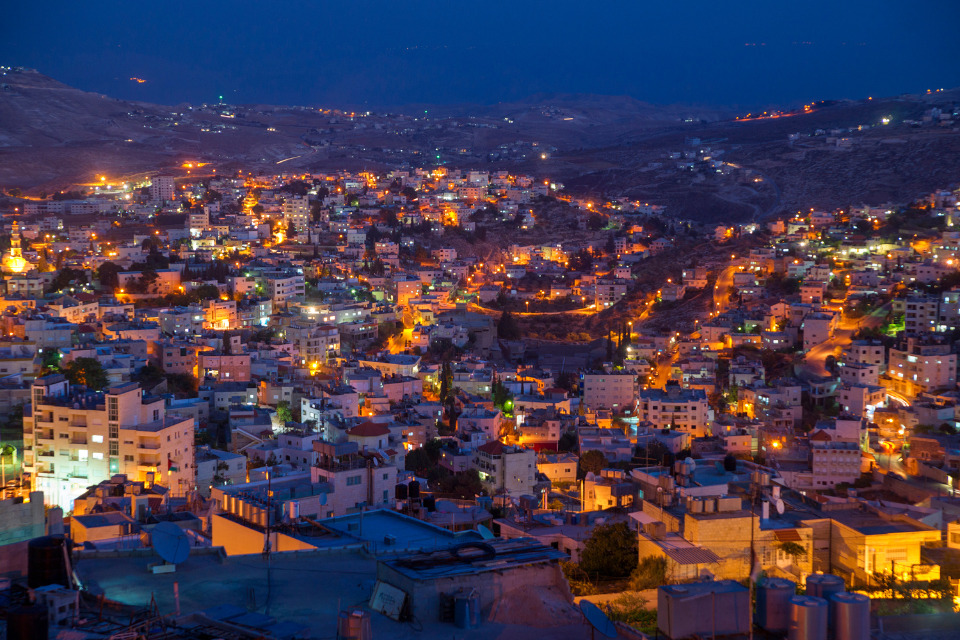Biblical scholar Walter Brueggemann asks us to pause in our Christmas celebrations to ponder how the world can become a safer place for children and all those vulnerable to the threat of violence.
WALTER BRUEGGEMANN
Traverse City: Central UMC
We eagerly anticipate that Christmas will be a time of light, good music, gift-giving, and joy. And much of it is just that . . . a season to be jolly! However, that anticipated season is much too often interrupted in brutalizing ways. It is interrupted by the purveyors of fear and greed in the form of systemic and wholesale violence. We who seriously celebrate Christmas cannot fail to take into account those interruptions that are most often perpetrated against the poor, the vulnerable, and most especially children.
The interruption of our good anticipation began long before the Bethlehem story was on our horizon. In the biblical account, the story of violence began with the fearsome work of Pharaoh’s pervasive violence upon which his regime depended (before that, see Genesis 6:13). Powerful as he was, Pharaoh feared being outnumbered and overwhelmed by his slave-labor force. Acting in his fear, he resolved that all boys born to Hebrew women should be killed (Exodus 2:16). In an irrational act of fear that decimated his own labor force, he commanded:
Every boy that is born to the Hebrews you shall throw into the Nile, but you shall let every girl live (Exodus 2:22).
The fact that the Hebrew midwives outwitted him did not lessen the lethal resolve he articulated.
The narrative of Pharaoh’s systemic violence is reperformed by King Herod in Matthew’s gospel account. To eliminate the threat of the child born in Bethlehem, fulfilling the prophecy of Micah, Herod ordered the death of all children born in and around Bethlehem:
He sent and killed all the children in and around Bethlehem who were two years old or under (Matthew 2:16).
The fact that the child of Mary escaped (Matthew 2:13-15) does not mitigate the violence of the Judean king. Matthew provides a pathos-filled response to the deathscape of Herod by quoting the prophet Jeremiah:
A voice was heard in Ramah, wailing and loud lamentation,
Rachel weeping for her children;
She refused to be consoled, because they are no more (Matthew 2:18; see Jeremiah 31:15).
Mother Rachel, mother of Joseph, mother in Israel, weeps for all the lost children, the ones lost long ago in Egypt, the ones lost to Herod, and in between, the ones lost amid the Babylonian exile. Indeed, the Bible is a torrent of grief for lost children who are done in by systemic violence through the managers of greed and fear.
Our time is no less so! Just now, we are beset by the indiscriminate death of children in Gaza and Israel. The killing there is unrestrained, and no end is in sight. And after Egypt and Babylon and Herod and Gaza and Israel, it will be elsewhere. It will be among us where many children in the United States lack protection and support.
We will go on with our light, good music, gift-giving, joy, and jolliness. But the serious celebration of Christmas requires a deep pause to ponder the violence and the children lost. In the end, the Christ child prevails . . . at Easter. But not soon, not easily! Thus, Christmas might call for a sober resolve to be at work against systemic violence, at work locally, at work in a practice of generosity, at work shaping policy otherwise. The weeping of Rachel will not soon turn to the laughter of Sarah (see Galatians 4:27; Genesis 21:6). Not soon, not easily! The turn from Rachel’s weeping to Sarah’s laugh requires active intervention. Thus, we might resolve at Christmas that the world become a safer place for children and all those vulnerable to the threat of violence.
Last Updated on December 20, 2023

